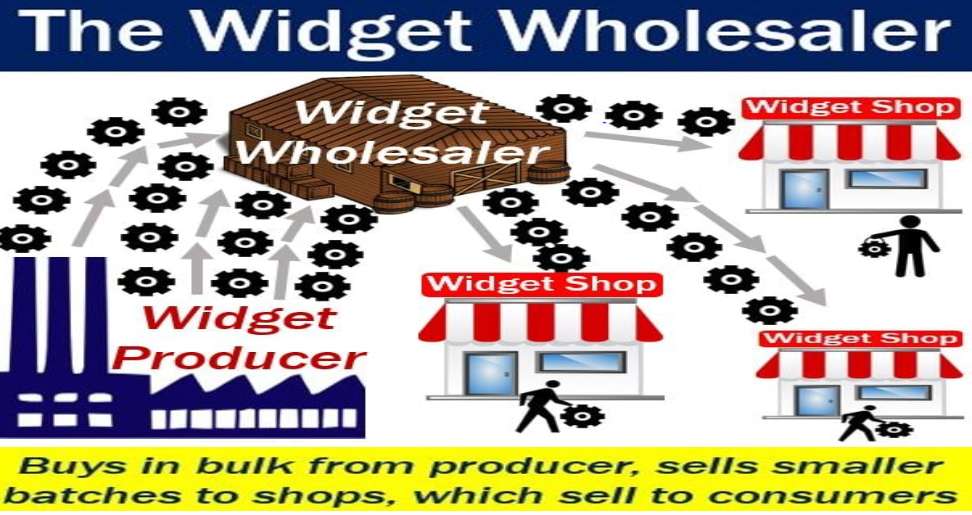What is a wholesaler?
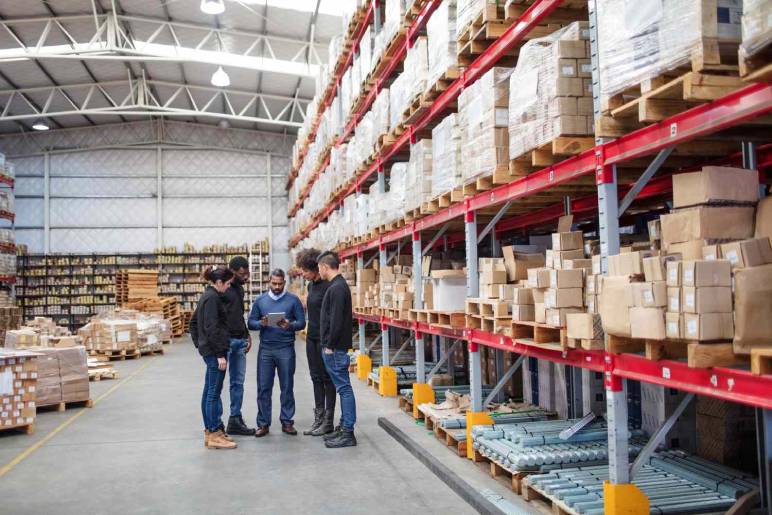
A wholesaler is a business that purchases large quantities of goods directly from manufacturers and then sells them to retailers. They act as intermediaries in the supply chain, storing products, managing inventory, and distributing them to retailers. Wholesalers often offer additional services like transportation, marketing support, and credit facilities. By buying in bulk, they can secure lower prices from manufacturers, which can lead to cost savings for retailers.
What Exactly Does a Wholesaler Do?
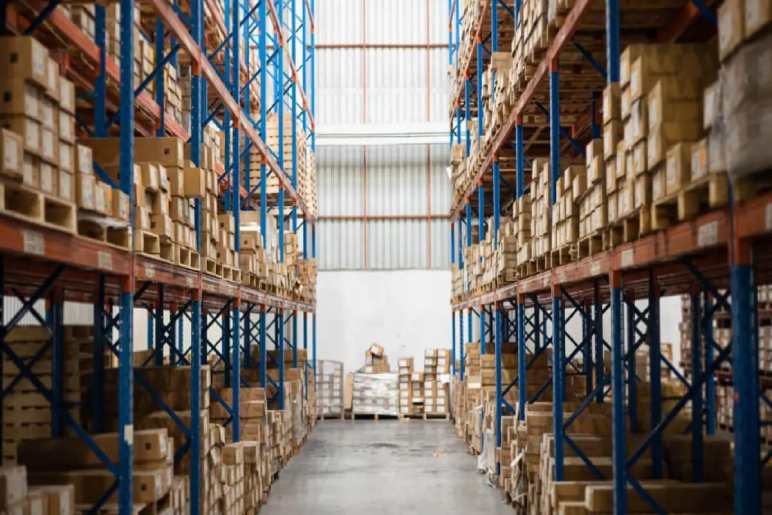
A wholesaler is like the behind-the-scenes magician making sure your favorite products end up on store shelves. They’re the crucial link between manufacturers and retailers, playing a vital role in the supply chain.
Here’s a breakdown of their key functions:
- Bulk Buying: Wholesalers are big spenders! They purchase massive quantities of products directly from manufacturers. This bulk buying power allows them to negotiate better prices and discounts.
- Storage and Distribution: Imagine a giant warehouse filled with countless products. That’s a wholesaler’s domain! They store these products until retailers need them and then distribute them in smaller, manageable quantities.
- Product Range: Wholesalers are like product curators. They offer a wide variety of products from different manufacturers, giving retailers plenty of options to choose from.
- Financial Support: By purchasing in bulk, wholesalers provide a financial lifeline to manufacturers, helping them manage their cash flow.
- Market Experts: Wholesalers have their finger on the pulse of the market. They know what’s trending and what consumers want, helping them select the right products to offer retailers.
In essence, wholesalers:
- Streamline the supply chain by reducing the number of transactions.
- Offer products at competitive prices to retailers due to bulk buying.
- Ensure products are readily available on store shelves.
- Provide additional services like transportation and marketing support.
Why Are Wholesalers Important?

Wholesalers might operate behind the scenes, but their role in the economy is crucial. They act as the bridge between manufacturers and retailers, making sure that products reach consumers smoothly and efficiently. Let’s delve into why wholesalers are so important:
Efficiency Boosters
- Streamlined Supply Chain: Wholesalers reduce the number of transactions between manufacturers and retailers, making the process more efficient.
- Reduced Inventory Costs: Retailers don’t have to deal with large, bulky inventories. Wholesalers handle storage and distribution, saving retailers money and space.
Cost Savings
- Competitive Pricing: By purchasing products in bulk, wholesalers can negotiate better prices from manufacturers. These savings are often passed on to retailers, leading to lower prices for consumers.
- Economies of Scale: Wholesalers benefit from economies of scale in transportation and logistics, which contribute to cost efficiency.
Product Availability
- Consistent Supply: Wholesalers ensure a steady supply of products to retailers, reducing the risk of stockouts and keeping shelves filled.
- Wider Product Range: By offering a variety of products from different manufacturers, wholesalers help retailers provide a diverse selection to their customers.
Market Knowledge
- Trend Analysis: Wholesalers have a keen understanding of market trends and consumer demands. This knowledge helps them select the right products to offer retailers.
- Risk Mitigation: By analyzing market trends, wholesalers can help retailers avoid stocking slow-moving or obsolete products.
The Other Side of the Coin: Challenges in Wholesaling
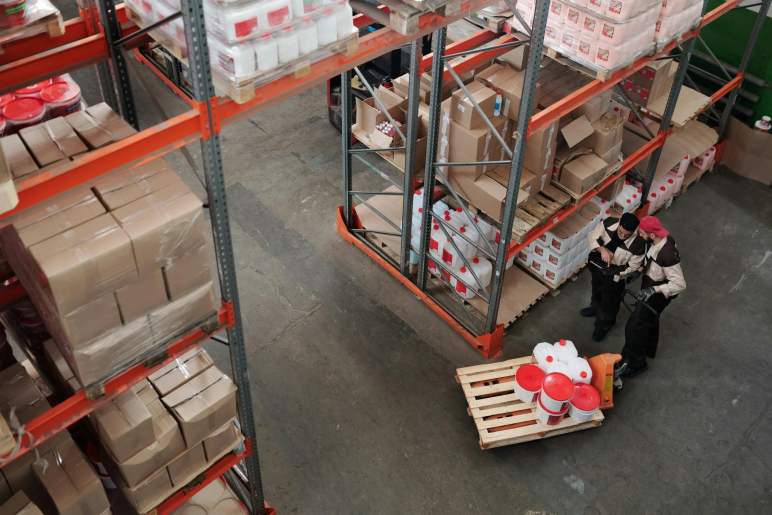
While wholesalers play a vital role in the supply chain, it’s essential to recognize the challenges they face. These challenges can impact product availability, pricing, and the overall efficiency of the system.
1. Economic Fluctuations
- Demand Variability: Fluctuations in consumer demand can lead to overstocking or understocking issues for wholesalers.
- Price Changes: Economic conditions can affect product costs, impacting profit margins.
2. Competitive Pressure
- Price Wars: Intense competition among wholesalers can lead to price wars, reducing profit margins.
- Market Share Battles: The constant need to gain market share can be resource-intensive.
3. Inventory Management Challenges
- Dead Stock: Unsold or slow-moving inventory can tie up capital and storage space.
- Stockouts: Insufficient inventory can lead to lost sales and customer dissatisfaction.
4. Logistics and Transportation Issues
- Supply Chain Disruptions: Delays or disruptions in transportation can impact product delivery timelines.
- Rising Costs: Increasing fuel prices and transportation costs can erode profit margins.
5. Technological Challenges
- System Integration: Integrating various software systems for inventory management, order processing, and shipping can be complex.
- Cybersecurity Risks: Protecting sensitive customer and business data from cyber threats is a constant challenge.
6. Regulatory Compliance
- Complex Regulations: Adhering to various industry regulations, such as food safety or product labeling, can be time-consuming and costly.
Wholesaling Growth in 2023: A Year of Resilience and Adaptation
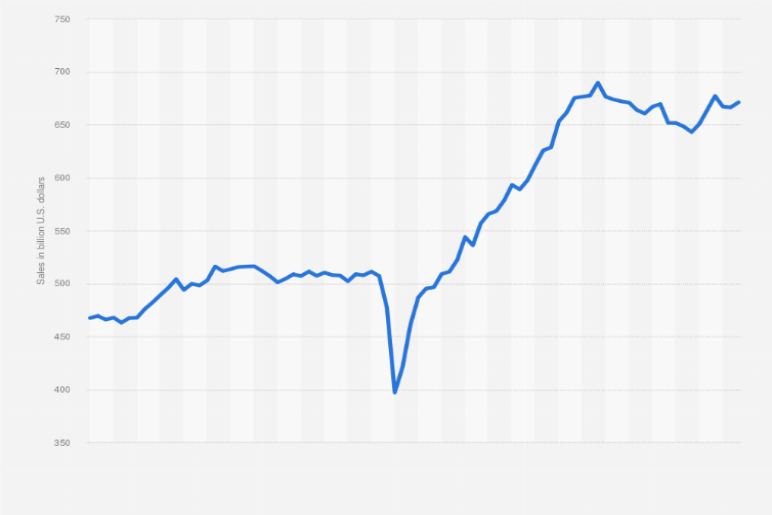
2023 proved to be a year of challenges and opportunities for the wholesaling industry. Despite global economic uncertainties and ongoing supply chain disruptions, the sector demonstrated resilience and adaptability.
Key Factors Driving Growth:
- E-commerce Integration: The increasing adoption of e-commerce platforms by wholesalers expanded market reach, improved order fulfillment, and enhanced customer relationships.
- Supply Chain Resilience: Wholesalers focused on building robust supply chains to mitigate risks, reduce lead times, and ensure product availability.
- Data-Driven Decision Making: Leveraging data analytics to optimize operations, inventory management, and customer insights became essential for growth.
- Sustainability Focus: A growing emphasis on sustainable practices and eco-friendly products attracted environmentally conscious customers and strengthened brand reputation.
- Customer Experience: Investing in customer relationship management and providing exceptional service became key differentiators in a competitive market.
Wholesaling Growth in 2024: A Resilient Force

The year 2024 has witnessed a steady growth trajectory for the wholesaling sector. Despite global economic uncertainties, wholesalers have demonstrated resilience and adaptability. Let’s delve into the key factors driving this growth:
E-commerce Integration
The rise of e-commerce has significantly impacted the wholesale industry. Wholesalers are increasingly adopting digital platforms to connect with retailers and consumers. This shift has expanded market reach, improved order fulfillment, and enhanced data-driven decision making.
Supply Chain Optimization
The pandemic-induced supply chain disruptions highlighted the importance of robust supply chain management. Wholesalers are investing in technology and strategies to enhance visibility, reduce lead times, and build resilient supply chains. This focus on efficiency is driving growth and customer satisfaction.
Increased Focus on Sustainability
Consumers and businesses alike are prioritizing sustainability. Wholesalers are responding by offering eco-friendly products and adopting sustainable practices. This shift towards environmentally conscious operations is attracting a growing customer base and contributing to overall growth.
Diversification of Product Offerings
To stay competitive, wholesalers are expanding their product portfolios. By offering a wider range of products, they can cater to diverse customer needs and increase sales. This diversification strategy has been instrumental in driving growth in 2024.
Technological Advancements
Technology is transforming the wholesale industry. The adoption of automation, artificial intelligence, and data analytics is streamlining operations, improving forecasting accuracy, and enhancing customer experience. These technological advancements are fueling growth and efficiency.
While challenges persist, the wholesaling sector has demonstrated remarkable resilience and adaptability in 2024. By embracing emerging trends and technologies, wholesalers are positioned for continued growth and success in the coming years.
In conclusion
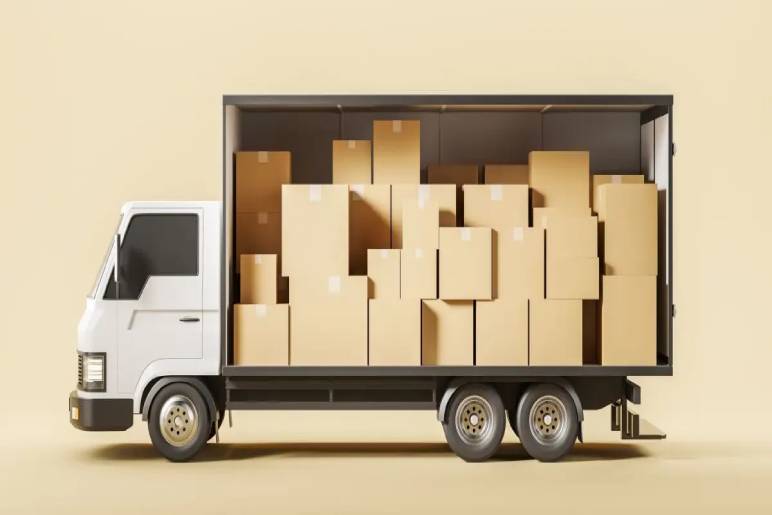
wholesalers are the unsung heroes of the retail world. They bridge the gap between manufacturers and retailers, ensuring that products reach consumers efficiently and at competitive prices. From bulk buying and storage to distribution and market analysis, wholesalers play a pivotal role in the smooth functioning of the supply chain. Without them, the shelves of our favorite stores would likely be bare.
Read more:
- Who Is Andre Hakkak Wife?
- Blueface Net Worth, Lifestyle And Updates In 2024
- Exploring Quality Assurance Certification: Opportunities, Examinations, and Career Paths
Featured Image source: https://tinyurl.com/2v8e4472

